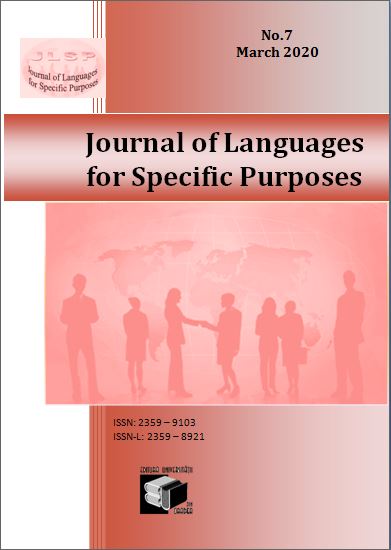State Of Massachusetts Value-Based Supplemental Rebate Agreement
If a producer is referred to the Health Policy Commission, the Commission will develop a series of procedures to encourage producers to negotiate additional rebates. In particular, the MDRP asks drug manufacturers to offer discounts to public Medicaid programs that must have the highest percentage of MPA of a drug or the difference between an MPA and the best price. In general, states have had to be creative in the development of PCPs, as industry is concerned that the MDRP rules will require inappropriate rates or prices depending on the cogeneration structure. The rule attempts to dispel these concerns. CMS also attempts to clarify that the additional rebates negotiated by Managed Care organizations for prescription drugs that are not part of a cmS-approved supplementary rebate agreement are not excluded from the LMR manufacturer`s determination and the best price. Drug manufacturers participating in Medicaid are subject to the Medicaid Drug Rebate Program and possible additional rebates beyond the mandate. Under the Medicare Drug Rebate program, drug manufacturers are generally required to give Medicaid the best market price for the drug or a mandatory 23.1% discount on the price of the drug list, based on the lowest price. The rules of reduction may vary depending on the type of medication. As federal health drug reform efforts continue to swirl with uncertainty, these government actions will continue to be important to follow and review, particularly with respect to the government`s Medicaid strategy. I can`t say that here, with Medicaid and the law, we are absolute pros of prediction, but I think we did the right thing. On January 23, 2019, Governor Baker issued his fiscal year 2020 budget recommendation, calling for the introduction of new instruments allowing EOHHS to negotiate additional rebates with manufacturers of high-priced and/or high-intensity drugs under the National Public Health Program (MassHealth). Under the proposal, Massachusetts would be only the second state in the country (after New York) to effectively require manufacturers to engage in direct negotiations on the basis of “the value, efficacy or outcome of the drug” and, in the absence of an agreement, impose additional obligations on the manufacturer.
However, unlike New York law, which does not contain civil penalties, the governor is seeking legal authority to impose penalties under the Massachusetts Consumer Protection Law, including civil fines, for non-compliance with the required procedures. If this were adopted and implemented by Parliament, it would probably be the furthest from what a national Medicaid program has done for the use of additional rebates by manufacturers. The rule would implement new security changes in the hard state, including those that can be misused, abused and overdoseed. The NPRM is also implementing Section 5042 of the SUPPORT Act, which requires drug providers to review prescription pharmacovigilance (PDMP) programs effective October 1, 2021.





